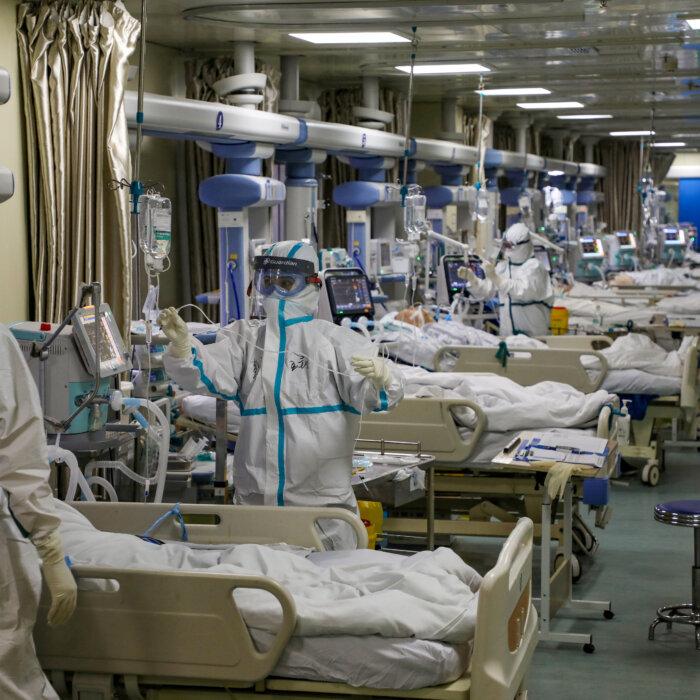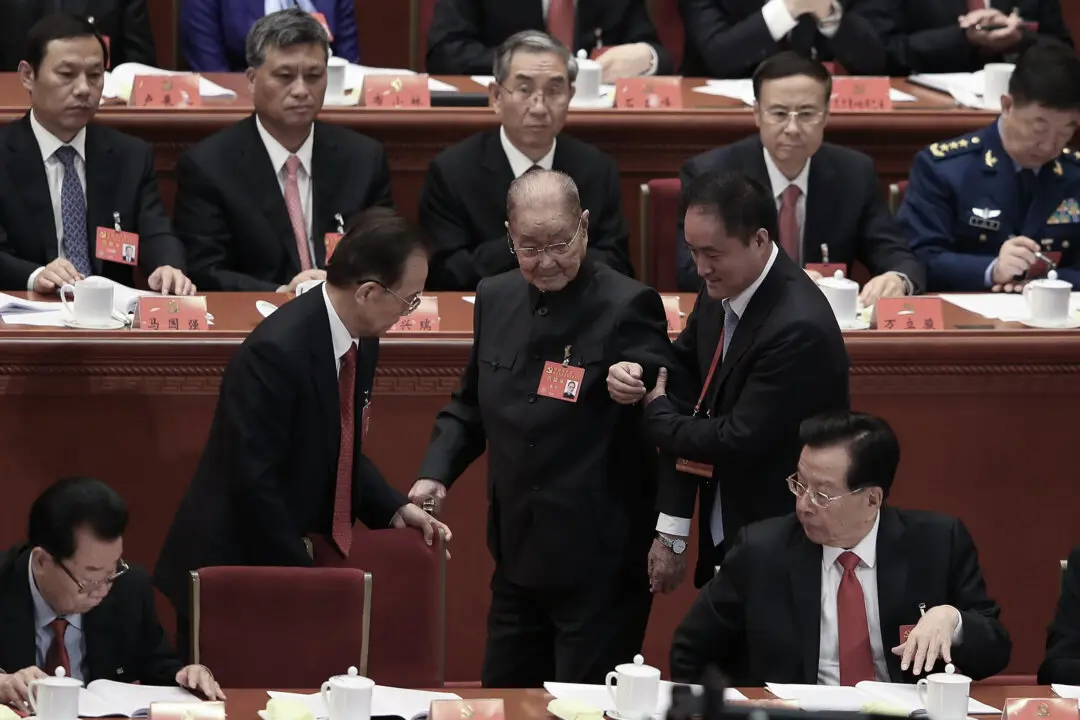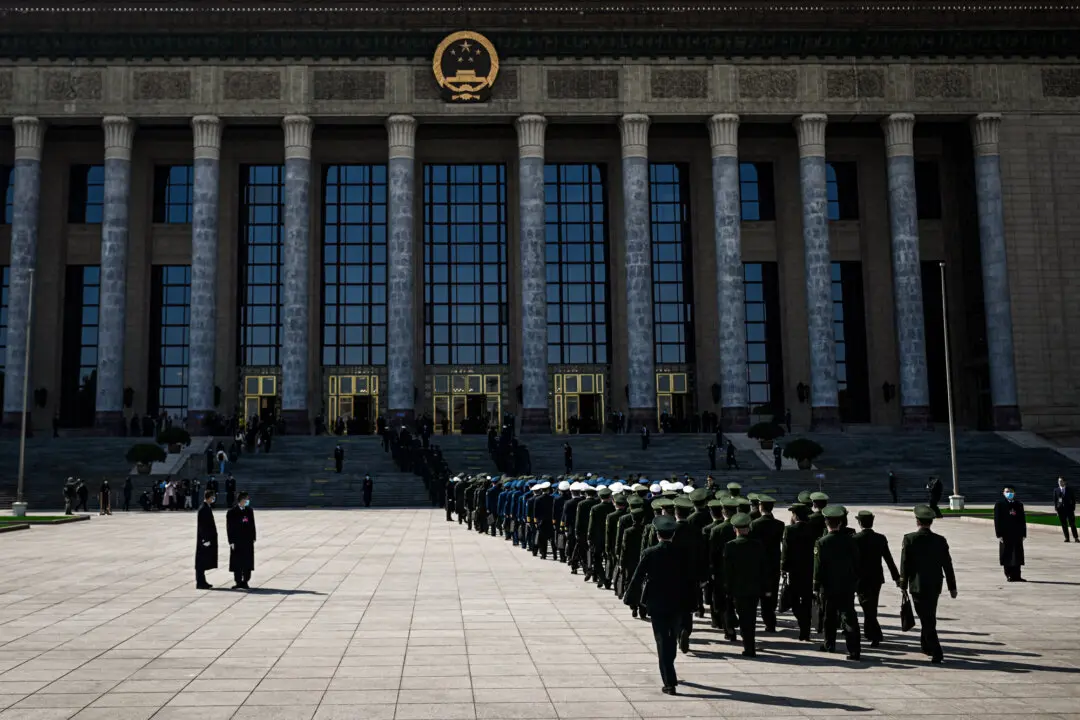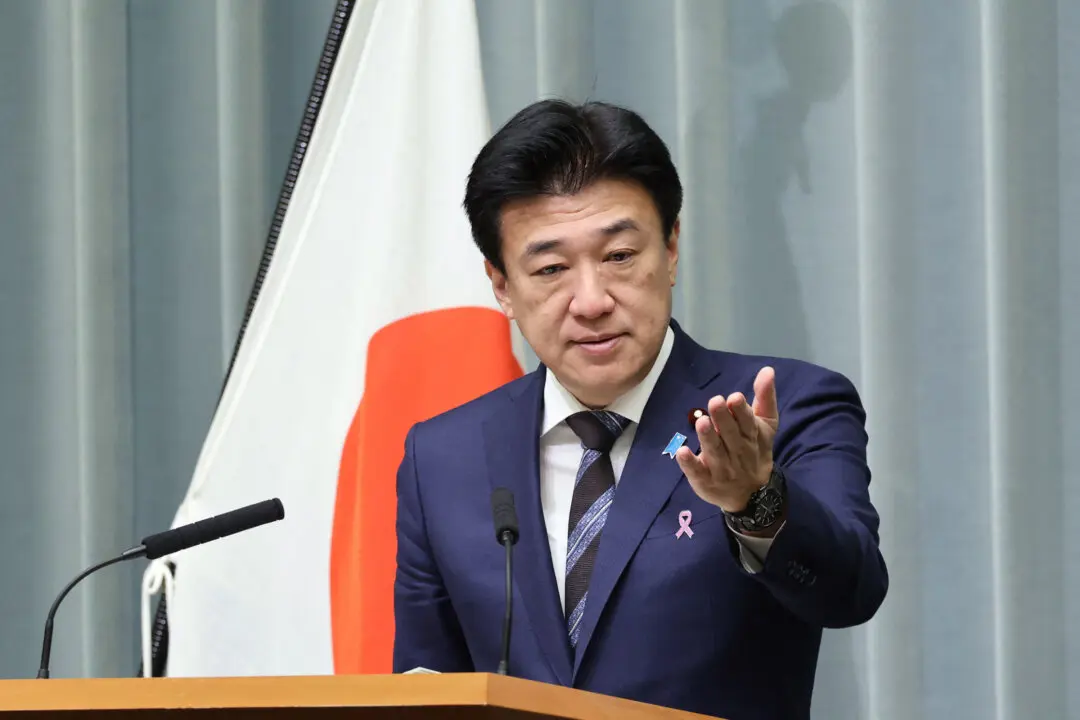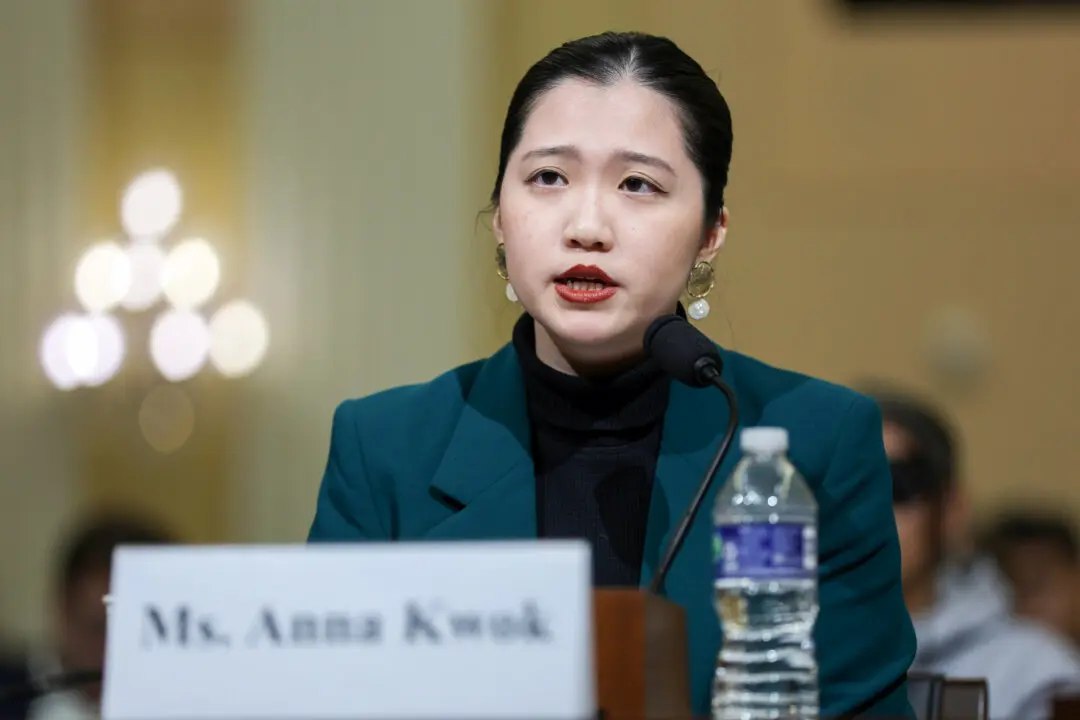The United Nations and the European Union demanded that the Chinese regime release Zhang Zhan, a citizen journalist who was recently sentenced to another four years in prison.
Zhang, 42, had been charged with “picking quarrels and stirring up trouble,” the same charge used to prosecute her in late 2020 for posting videos that offered a glimpse into the early days of the COVID-19 pandemic in China.
The U.N. Human Rights Office denounced the latest sentences as “deeply disturbing.”
“This is the second time Zhang has been convicted and subjected to a custodial sentence for this offence. We call for her immediate and unconditional release,” U.N. Human Rights spokesperson Jeremy Laurence said in a statement on Sept. 22.
The European Commission, the bloc’s executive branch, stated that it “deplores” the verdict against Zhang.
“We call for her immediate and unconditional release and urge China to uphold freedom of expression and guarantee due process,” Anitta Hipper, the commission’s spokesperson for foreign affairs and security policy, said in a Sept. 21 statement on X.
She added that the EU also called on Beijing to provide “reliable information” about Zhang’s health condition.
The sentence handed down by a court in Shanghai on Sept. 19 came more than a year after Zhang was formally arrested.
Reporters Without Borders (RSF), a Paris-based international press freedom advocacy group, had voiced concerns over Zhang’s well-being earlier this year, saying she had been subjected to force-feeding following a prolonged hunger strike.
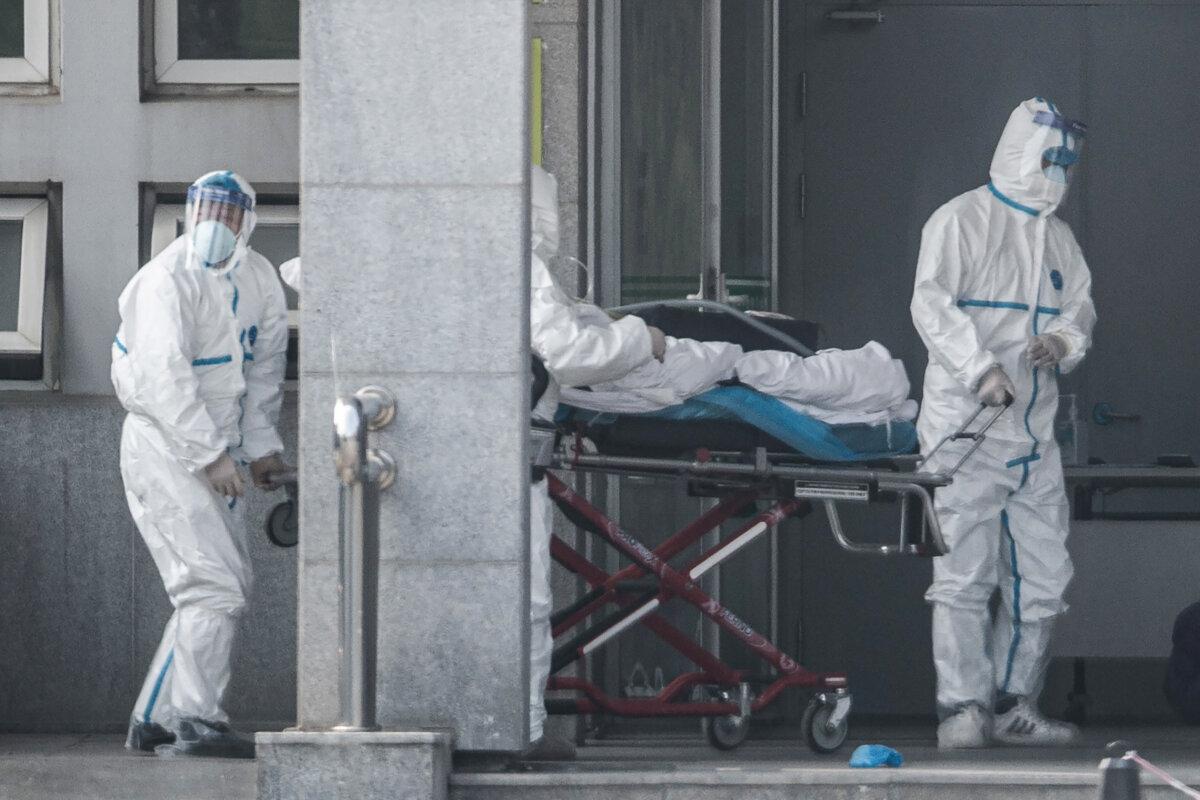
Medical staff members carry a patient into Jinyintan hospital, where patients infected by a mysterious SARS-like virus were being treated, in Wuhan, Hubei Province, China, on Jan. 18, 2020. STR/AFP via Getty Images
Zhang was among the first Chinese citizens known to be punished by the communist regime for relaying unfiltered information about the domestic outbreak to the outside.
Since COVID-19 first emerged in the central Chinese city of Wuhan in late 2019, the Chinese Communist Party (CCP) has tightly controlled all related information—from infection figures and death toll to lives under lockdown and the Wuhan lab at the center of the lab leak virus origin theory—in a bid to suppress any information deemed harmful to its image.
A former lawyer from Shanghai, Zhang traveled to Wuhan in February 2020. She detailed her visits and interviews conducted at hospitals, quarantine centers, and the Wuhan Institute of Virology in dozens of cell phone videos uploaded to platforms including WeChat and YouTube.
These first-hand accounts, especially the chaotic scenes unfolding at the pandemic’s epicenter during the initial lockdown, contradicted the CCP’s narrative that the outbreak was under control.
In May 2020, she was arrested by the Shanghai police and received a four-year jail term for “picking quarrels and stirring up trouble” in December 2020.
While incarcerated, the 6-foot-tall woman’s weight once dropped to under 90 pounds due to a hunger strike in protest of the allegations against her, according to her family. She told her lawyer at the time that the police force-fed her with a feeding tube through her nose, a process she described as very painful.
Zhang was released in May 2024, but three months later, she was re-arrested and formally detained on suspicion of “picking quarrels and provoking trouble,” according to human rights groups.
On Sept. 19, 2025, Zhang was tried in secret, according to Jane Wang, an organizer of the “Free Zhang Zhan” campaign. The indictment, posted on the supporter’s X account, cited Zhang’s comments on X and YouTube that “severely damaged the country’s image.”
Sarah Brooks, China director at Amnesty International, said Zhang’s “commitment to defending human rights and her consistent refusal to keep silent” made her a target of the CCP.
“Until the Chinese authorities are pressured to change vague and overly broad laws and held accountable for systematically depriving human rights defenders of their liberty, the future for human rights in the country remains grim,” Brooks said in a statement on Sept. 22.
“And the international community, including China’s bilateral partners, must make it a priority to not merely call for the release of Zhang and others unjustly detained, but actively use its leverage to ensure they will be freed.”

